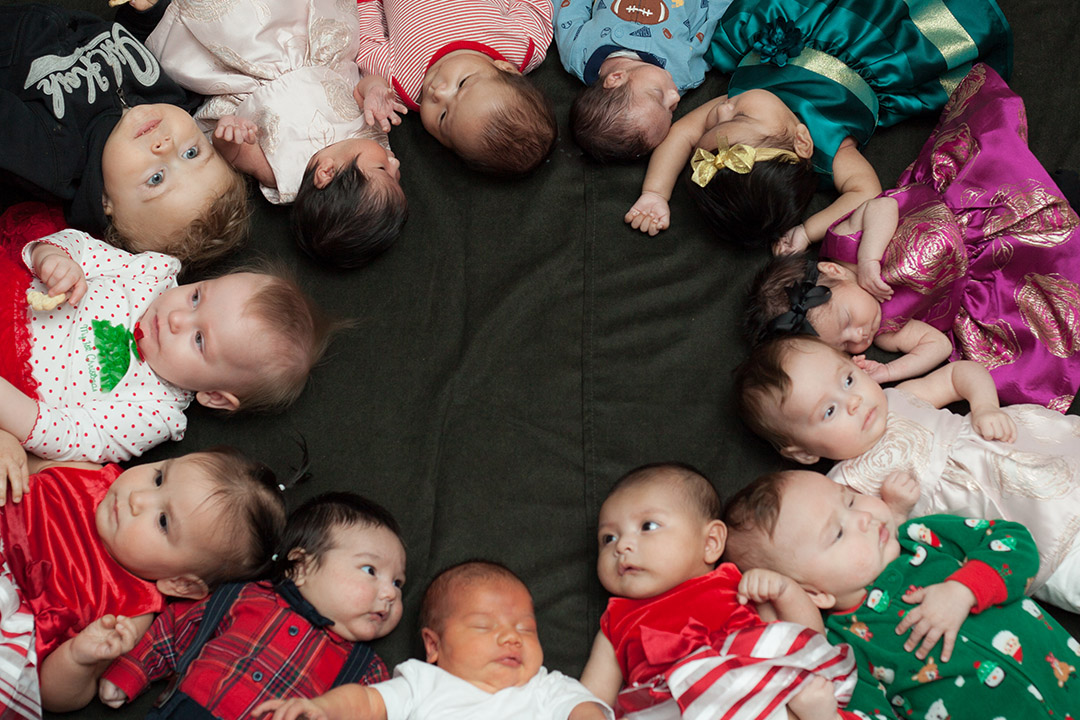
USask awarded $3.6M to tackle opioid withdrawal in babies, improve health care for youth and elderly
Eight University of Saskatchewan (USask) health research projects have been awarded nearly $3.6 million from the Canadian Institutes of Health Research (CIHR) to improve health and quality of life for children, mothers, seniors, Indigenous communities, and people in rural areas
By USASK RESEARCH PROFILE AND IMPACTSix out of the eight USask projects involve USask College of Medicine and School of Rehabilitation Science researchers. These health research projects include:
- “When a baby is born in withdrawal from opioids, will keeping mother and baby together make life better for both?” ($1.2 million) USask researchers will examine the benefits of keeping babies showing symptoms of withdrawal with their mothers in a supportive care home such as Sanctum 1.5—Canada’s first HIV and high-risk pre-and postnatal care home for women living with or at risk of transmission of HIV. The research team led by USask nursing researcher Dr. Sithokozile Maposa (PhD) includes clinical psychologist Dr. Michelle Johnson-Jennings (PhD), Cameco Chair in Indigenous Health and Wellness Dr. Alexandra King (MD), and Sanctum Care Group Executive-Director Katelyn Roberts.
- Testing a new vaccine for a severe respiratory virus ($753,000). Sylvia van den Hurk (PhD), professor at the USask College of Medicine and the Vaccine and Infectious Disease Organization-International Vaccine Centre, will develop and test a vaccine against respiratory syncytial virus (RSV) for elderly patients, using a mouse model. No vaccine for RSV currently exists. The virus is responsible for a significant proportion of severe respiratory disease and deaths in the elderly, similar to influenza. The adjuvant used in the vaccine may also help to boost the strength of other vaccines against respiratory illness.
- Designing and testing a universal school food program ($527,000). Can giving all elementary school children a healthy lunch improve diet quality, and improve food and nutrition-related knowledge? USask nutrition researcher Dr. Rachel Engler-Stringer (PhD), along with the Saskatoon Public Schools Division and CHEP Good Food Inc., will launch an unprecedented two-year study, giving a healthy lunch to every student at two Saskatoon elementary schools, and linking core curriculum elements such as math, science, and social studies to the program. By comparing what students eat, their diet quality, their knowledge of food and nutrition, and attitudes about the program with students from two control schools, the researchers will provide evidence to help policymakers design school food programs across Canada. The project has also received $120,000 from an anonymous donor to pay for food costs.
Additionally, a total of $400,000 was awarded to four USask projects through the CIHR Catalyst grant program for patient-oriented research. The program funds research that engages patients as research partners, focuses on priorities identified by patients, and improves patient outcomes. The funded projects are:
- Improving access to chronic back pain care: USask researchers Dr. Brenna Bath (PhD) and Dr. Stacey Lovo (PhD) will lead a team investigating access to chronic back pain treatment in rural, remote and Indigenous communities. Although Indigenous people and rural non-Indigenous people are more likely to experience chronic back pain, these groups may face additional barriers to access appropriate and timely care compared to non-Indigenous people and people living in cities. The research will inform ways to make patient-centred care for chronic back pain more accessible for geographically and culturally diverse populations.
- Evaluating a care home for HIV-positive mothers and babies: In just one year, Sanctum 1.5 has supported the mothers of 21 babies to enable them to safely care for their children and avoid apprehension at birth. USask community health and epidemiology researcher Dr. Gary Groot (PhD) will lead a team of USask researchers and Sanctum 1.5 leaders and clients to assess the program to better understand the conditions of and reasons for its success.
- Combatting loneliness and social isolation: By 2030, 23 per cent of Canadians will be 65 years old or older. A significant number will be at risk for loneliness (having fewer or lower quality relationships than desired) and for social isolation (lacking a sense of belonging and engagement with others). USask researchers Donna Goodridge (PhD) and Dr. Jennifer Briere (PhD), along with a team of patient research partners, will survey 200 seniors living in two social housing complexes and then use the survey results to design, implement and evaluate strategies to address loneliness and social isolation, such as participating in an eight-week self-compassion program and creating a “life story” with the help of a student. The project aims is to improve well-being, satisfaction and independent living in the community.
To learn more about all of the USask projects, visit the USask news site.
